container orange defoliation
creekweb
10 years ago
Related Stories

CONTAINER GARDENSChoose Complementary Colors for Dazzling Container Gardens
Red and green, purple and yellow, and blue and orange are opposing pairs that work in perfect harmony
Full Story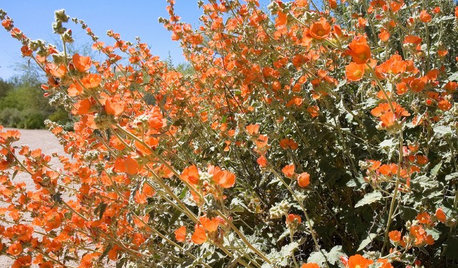
GARDENING GUIDESWarm Up Your Garden With Orange Flowers
Hummingbirds and butterflies are not the only ones who will notice when you introduce a blaze of orange into your garden
Full Story
COLOROrange in the Garden: Do You Dare?
Tangerine and other oranges are boldly cavorting from fashionable interiors to outdoor rooms. See some in-vogue examples here
Full Story
ORANGEGuest Picks: Crushing on Orange
Whether you call it tangerine or persimmon, 20 ways to use Pantone's top hue for 2012
Full Story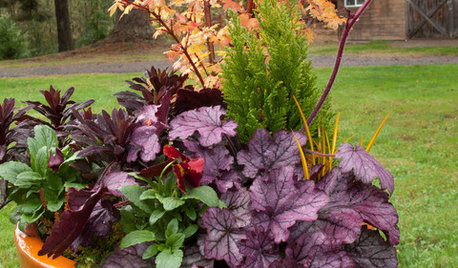
FALL AND THANKSGIVING5 Container Gardens for Fall, the Holidays and Beyond
Make planting easy with a single container, year-round plants and a sprinkling of simple seasonal accents
Full Story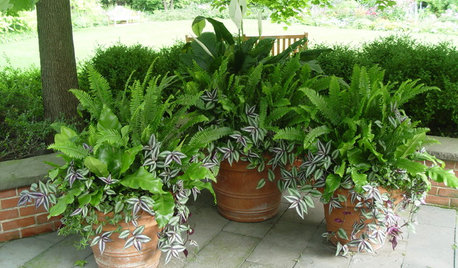
GARDENING GUIDES7 Fabulous Shade-Loving Ferns for Containers
Shade-loving ferns can add color and texture to your container designs
Full Story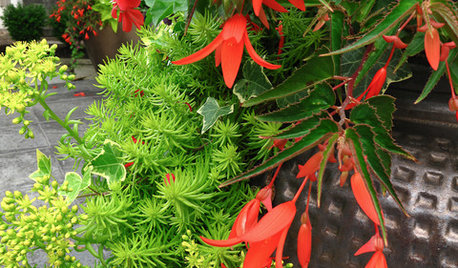
GARDENING GUIDESSuperstar Annuals for Containers and Baskets
High performing, low maintenance and all-around gorgeous, these container plants go the distance while you sit back and relax
Full Story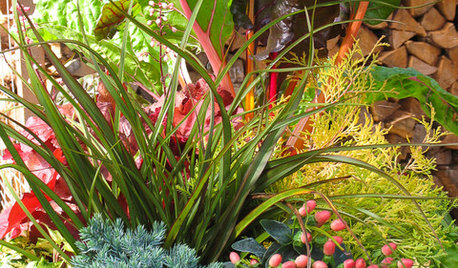
PLANTING IDEASStretch the Budget, Seasons and Style: Add Conifers to Your Containers
Small, low-maintenance conifers are a boon for mixed containers — and you can transplant them to your garden when they’ve outgrown the pot
Full Story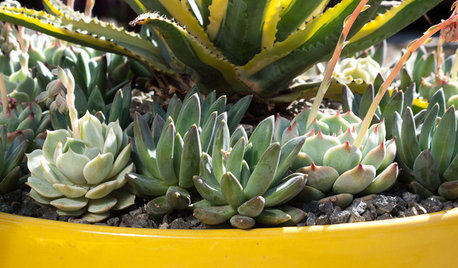
CONTAINER GARDENS3 Steps to Creating Quick, Easy and Colorful Succulent Containers
Take a bright container, add a colorful succulent or two and have a professional, summery design in minutes
Full Story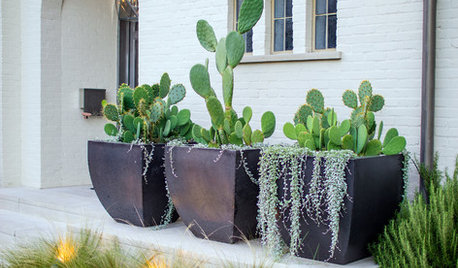
CONTAINER GARDENSCactus and Succulent Containers Are Ideal for Hot, Sunny Spots
Bring on the sun with these heat-loving succulent container gardens
Full Story





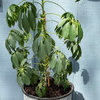

tapla (mid-Michigan, USDA z5b-6a)
hairmetal4ever
Related Professionals
Lake Oswego Landscape Architects & Landscape Designers · Southfield Landscape Architects & Landscape Designers · East Chicago Landscape Contractors · Emmaus Landscape Contractors · Plainview Landscape Contractors · Uxbridge Landscape Contractors · Waltham Landscape Contractors · Whittier Landscape Contractors · Kingsburg Landscape Contractors · Suisun City Landscape Contractors · Lakeville Solar Energy Systems · Minnetonka Window Contractors · Sarasota Window Contractors · Downey Fence Contractors · Winter Park Fence Contractorscalistoga_al ca 15 usda 9
creekwebOriginal Author
tapla (mid-Michigan, USDA z5b-6a)